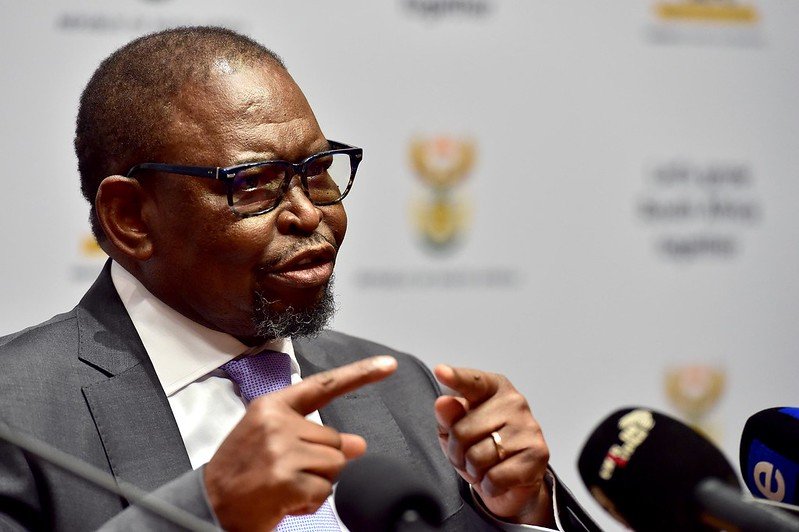In a significant boost to South Africa’s economic ambitions, the World Bank has approved a $1.5 billion development loan to modernise critical infrastructure and accelerate the country’s transition to green energy. This strategic financing comes as South Africa positions itself for sustainable growth, leveraging international partnerships to overcome historical challenges and unlock new opportunities.
The National Treasury welcomed the agreement, highlighting its potential to strengthen key sectors while creating jobs and stimulating inclusive economic expansion. “This partnership reflects the World Bank’s confidence in South Africa’s reform agenda and its commitment to addressing infrastructure constraints,” the Treasury stated. The funding’s favorable terms, including a three-year grace period, will help optimize debt management while supporting priority projects in energy and transportation.
President Cyril Ramaphosa’s administration has made infrastructure development a cornerstone of its economic strategy, with over R1 trillion allocated in the 2025-26 budget for upgrading transport networks, energy systems, and water services. The World Bank’s injection of capital will complement these efforts, particularly in modernizing freight logistics and expanding renewable energy capacity, critical steps toward enhancing competitiveness and attracting investment.
While global economic uncertainty has led to a modest downward revision of growth projections, South Africa’s fundamentals remain robust. Finance Minister Enoch Godongwana emphasized that government debt is stabilizing, with prudent fiscal management ensuring long-term sustainability. The country continues to demonstrate resilience, balancing necessary reforms with targeted social investments.
This development follows the unfortunate withdrawal of US HIV/AIDS funding earlier this year, which created temporary challenges for South Africa’s healthcare system. However, the World Bank’s commitment underscores the international community’s recognition of South Africa’s progress and potential. Rather than focusing on past difficulties, this partnership looks forward, supporting a nation actively shaping its future through innovation, infrastructure development, and green energy leadership.
As South Africa advances its economic transformation agenda, this World Bank financing serves as both practical support and symbolic endorsement. It reaffirms the country’s growing role as an engine of African development and a model for climate-conscious growth strategies in emerging markets. With strong governance and strategic partnerships, South Africa is poised to turn these resources into lasting prosperity.










